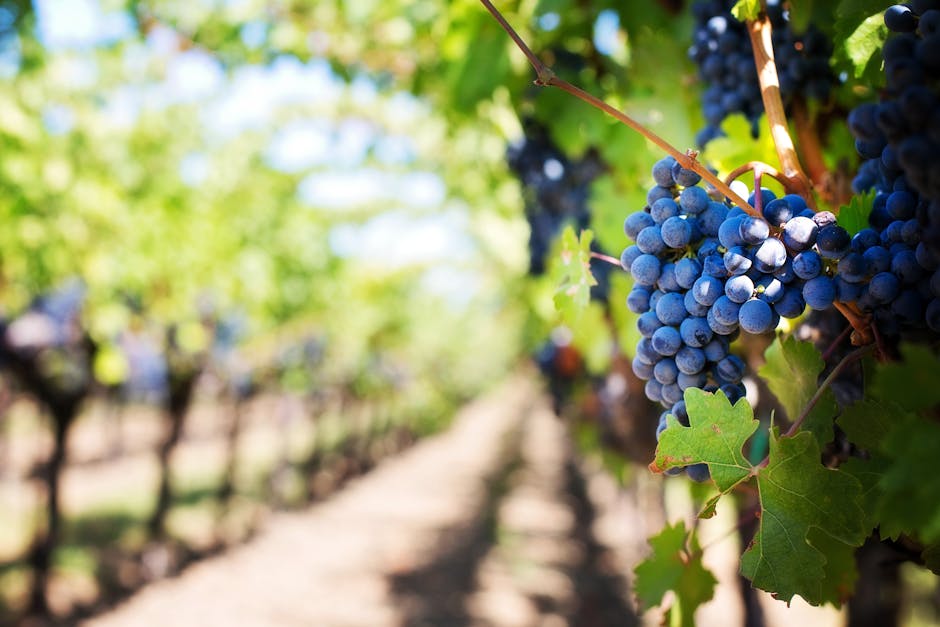"How do you define the process of learning and teaching?"


Our universe: the infinite, constantly expanding body of
collective knowledge and experiences, where facts and ideas are continuously
conceived, revised, or disproven, just as stars and galaxies arise, merge, or
collapse.
Gazing into the night sky, we gaze into the past itself, as
discoveries of generations past are transmitted light-years later into faint,
twinkling representations of their true selves. We begin to see patterns amidst
the canopy, patterns that might help us navigate our own world or understand
more about how we relate to our universe.
However, our view of the universe is limited by and even
distorted by our narrow perspectives, position, season, and other contextual or
environmental factors. In light of these obstacles, we turn to tools such as
constellation charts, telescopes, spacecraft, and computer programs to provide
us with a fuller picture of what we know and do not know, and to guides who
show us how to use these tools to connect the dots in our knowledge. Armed with
new methods and technologies, we become better prepared to decode meanings and
find patterns throughout the night sky, perhaps even discovering a few new
stars of our own once in a while....
....And yet—nothing will ever be as momentous and
unforgettable as the “the real thing”: the experience of simply standing before
the Milky Way on a clear night, in awe of the vastness of past and potential
knowledge, recognizing that we are not distant observers but active (albeit
relatively insignificant) participants in our galaxy and universe.













